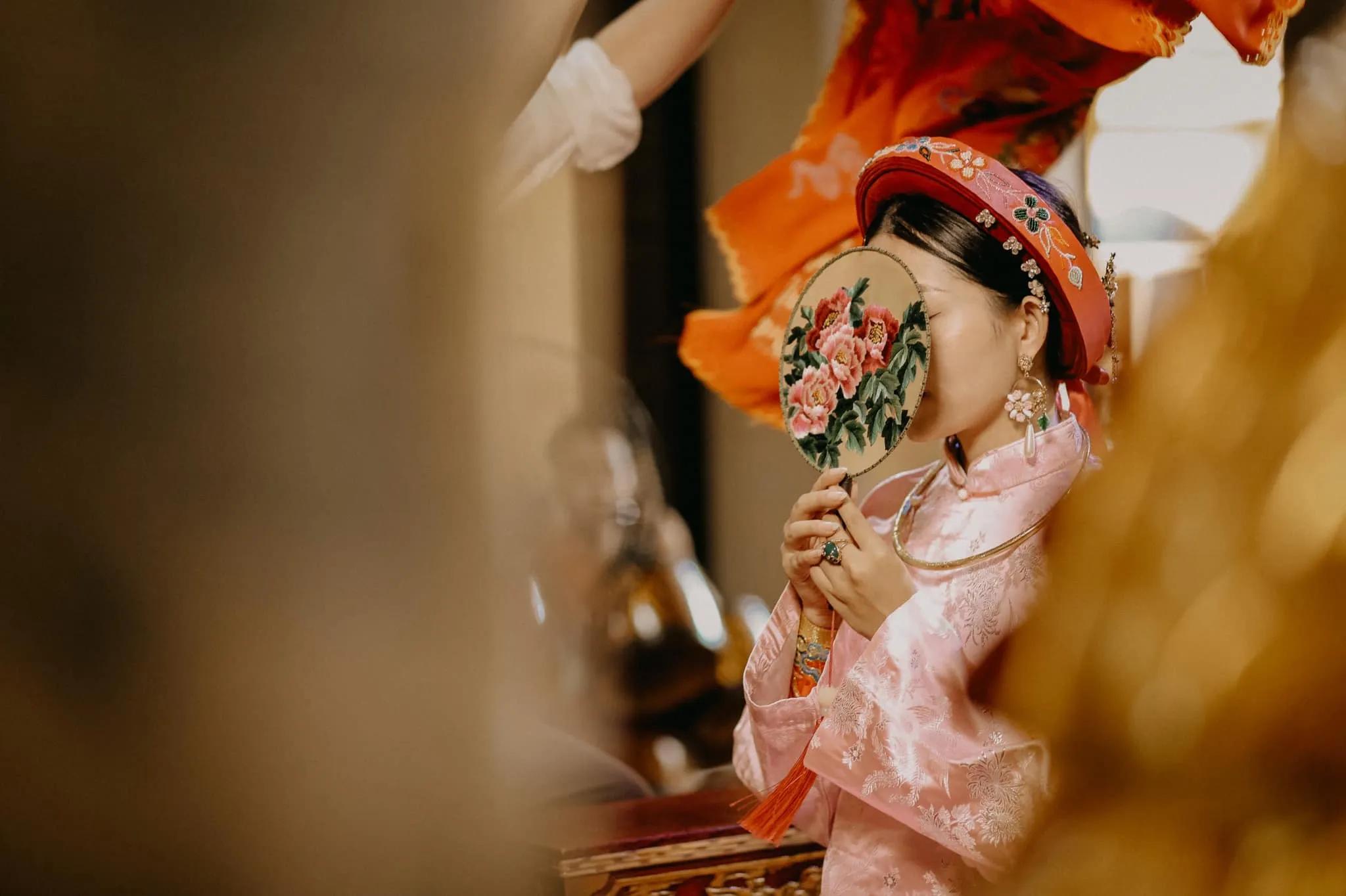Religious sites
Mother Goddess Worship
The worship of Mẫu, or Đạo Mẫu, is a deeply rooted spiritual tradition in Vietnam that venerates the goddess through various rituals, shrines, and rich cultural practices.
This tradition focuses on honoring different mother goddesses, as know as "Mẫu", each representing different aspects of life and nature. This practice is a lively expression of Vietnamese culture, blending indigenous beliefs with spiritual reverence. Major worship sites include Phủ Tây Hồ in Hanoi, a major pilgrimage site dedicated to Mẫu Liễu Hạnh, famous for its peaceful lakeside setting and vibrant rituals. In Ninh Bình, Đền Dâu and Đền Sòng Sơn are renowned for their historical significance and spiritual atmosphere, attracting devotees seeking blessings and guidance. The Phủ Dầy complex in Nam Định is another important center, hosting elaborate festivals that honor Mẫu through music, dance, and offerings. These sites, along with many others across the country, serve as hubs for community gatherings, spiritual reflection, and cultural celebrations. The rituals often include music, dance, and offerings, creating a lively atmosphere that reflects the connection between the community and the divine. Through worshiping Mẫu, practitioners seek harmony, protection, and prosperity, receiving the support and nurturing of the strong spirit of the goddesses.
This spiritual tradition not only preserves Vietnam's cultural heritage but also fosters a sense of unity, honoring the sacred motherhood and the connection between the Vietnamese people and their roots.


